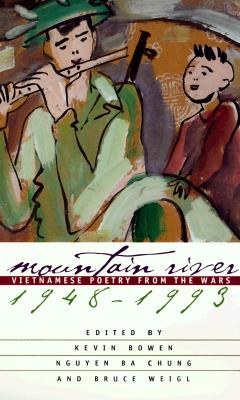

具体描述
Bashand#x014D; 's Haiku offers the most comprehensive translation yet of the poetry of Japanese writer Matsuo Bashand#x014D; (1644-1694), who is credited with perfecting and popularizing the haiku form of poetry. One of the most widely read Japanese writers, both within his own country and worldwide, Bashand#x014D; is especially beloved by those who appreciate nature and those who practice Zen Buddhism. Born into the samurai class, Bashand#x014D; rejected that world after the death of his master and became a wandering poet and teacher. During his travels across Japan, he became a lay Zen monk and studied history and classical poetry. His poems contained a mystical quality and expressed universal themes through simple images from the natural world. David Landis Barnhill's brilliant book strives for literal translations of Bashand#x014D; 's work, arranged chronologically in order to show Bashand#x014D; 's development as a writer. Avoiding wordy and explanatory translations, Barnhill captures the brevity and vitality of the original Japanese, letting the images suggest the depth of meaning involved. Barnhill also presents an overview of haiku poetry and analyzes the significance of nature in this literary form, while suggesting the importance of Bashand#x014D; to contemporary American literature and environmental thought.
作者简介
目录信息
读后感
评分
评分
评分
评分
用户评价
相关图书
本站所有内容均为互联网搜索引擎提供的公开搜索信息,本站不存储任何数据与内容,任何内容与数据均与本站无关,如有需要请联系相关搜索引擎包括但不限于百度,google,bing,sogou 等
© 2025 book.wenda123.org All Rights Reserved. 图书目录大全 版权所有




















